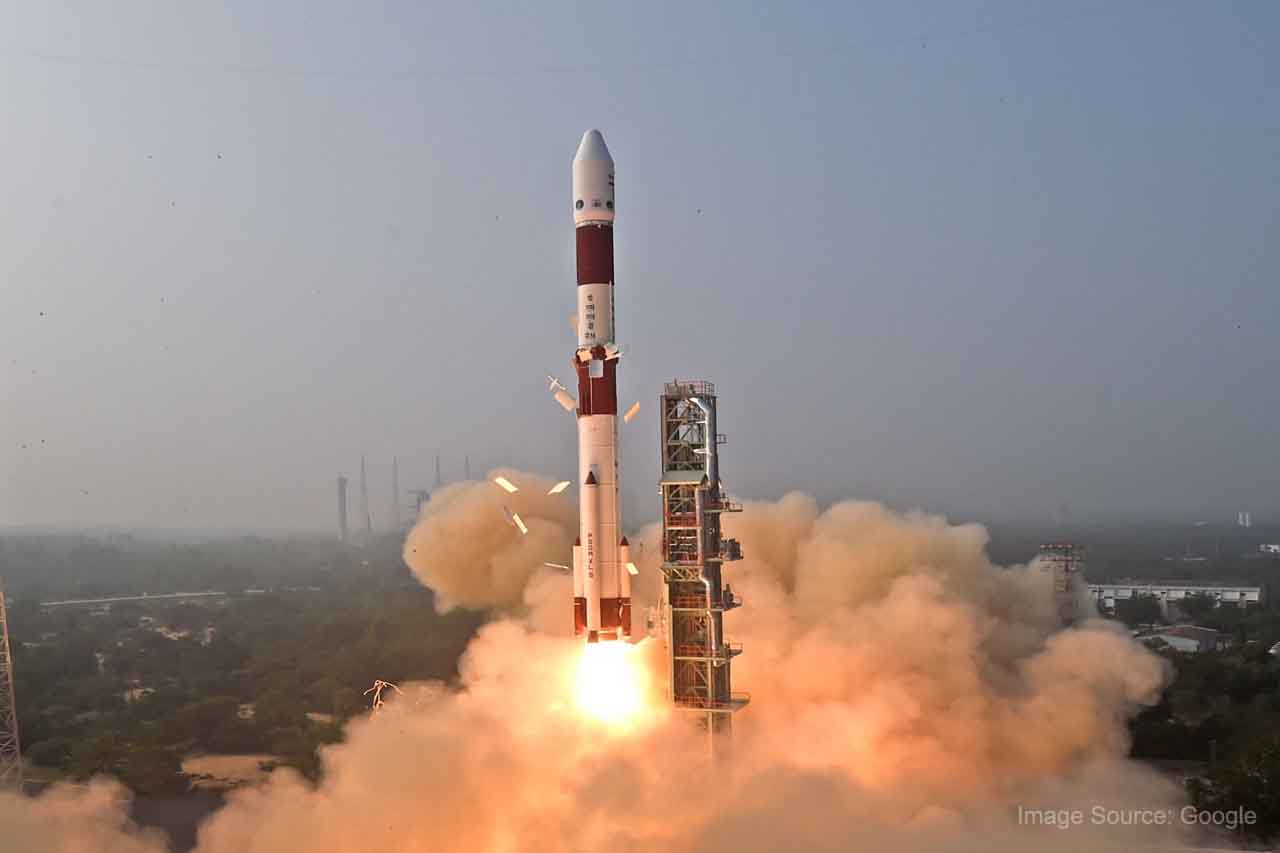
NEW DELHI (PTI): Indian space startups Dhurva Space and Bellatrix Aerospace have successfully tested their P30 Satellite Platform and high performance green propulsion systems respectively onboard ISRO's POEM initiative.
Hyderabad-based Dhruva Space, in a statement, said the successful testing of 'Launching Expeditions for Aspiring Payloads - Technology Demonstrator' (LEAP-TD) will help embark on its satellite mission.
The statement said Dhruva Space has validated the P-30 platform and its various subsystems in-orbit and the results were confirmed by reception of telemetry and beacon data at the ground station of the Thiruvananthapuram-based Indian Institute of Space Science and Technology (IIST).
"These subsystems include On-Board Computer, Ultra High Frequency (UHF) TT&C Module, Beacon in UHF, Attitude Control System with a Reaction Wheel from Comat, and Power Distribution Board," the Dhruva Space statement read.
ISRO's PSLV Orbital Experimental Module (POEM) enables in-orbit scientific experiments using the spent PS4 stage as an orbital platform.
The Defence Research and Development Organization (DRDO) announced the successful testing of India's first high performance green propulsion system for small satellites developed by Bellatrix Aerospace, which was supported by the Technology Development Fund (TDF) of the DRDO.
"The developed technology is environmentally safe, reducing cost of satellites and will be key technology boosting Indian space capabilities," the DRDO said on X.
The qualification of the LEAP-TD has now paved the way for hosted payload solutions for space missions, that allows persons other than the satellite's primary operator to own a portion of the spacecraft such as a sensor, an instrument or a set of transponders.
"The first LEAP satellite mission (LEAP-1) has already been conceived and is slated to be launched soon," the start-up said.
The hosted portion of the satellite operates independently of the main spacecraft, but shares the satellite's power supply, transponders, and in some cases, ground systems.
"Dhruva Space's hosted payload offering enables reduced timelines and rapid access to Space; shared operations, development and launch; significant cost savings; considerable risk reduction; and various levels of payload command and control through Dhruva Space's Telemetry, Tracking and Command (TT&C) ground facilities," Sanjay Nekkanti, Chief Executive Officer, Dhruva Space, said.
The POEM platform of ISRO allows space startups, university students and research institutes to carry out in-orbit tests of their experiments.
The platform is hosted on the stage four of the PSLV rocket, which otherwise would have remained in orbit for some time before crashing into the sea, after placing the satellite in desired orbit.
POEM has standard interfaces and packages for power generation, telemetry, tele-command, stabilisation, orbit keeping and orbit manoeuvring and hence can be used to design, develop and validate experimental payloads.
ISRO's PSLV-C58 rocket was placed into orbit the XPoSAT – developed by the Bengaluru-based Raman Research Institute – on January 1.
 Previous Article
Previous Article Next Article
Next Article








The Indian Air Force, in its flight trials evaluation report submitted before the Defence Ministry l..
view articleAn insight into the Medium Multi-Role Combat Aircraft competition...
view articleSky enthusiasts can now spot the International Space Station (ISS) commanded by Indian-American astr..
view article